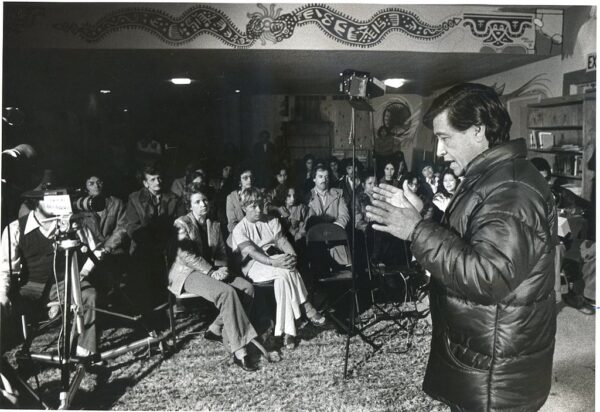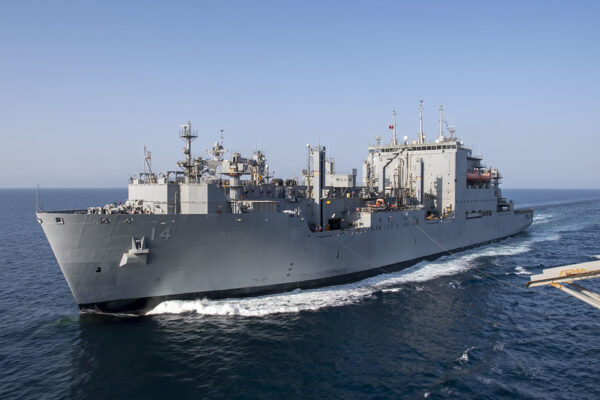 Cesar Chavez Day, March 31, honors the civil rights leader who raised awareness for agricultural workers’ struggles, many of which he experienced himself, and fought against racial and economic discrimination in the second half of the 20th century through non-violent acts of protest inspired by Mahatma Gandhi and Catholic teachings.
Cesar Chavez Day, March 31, honors the civil rights leader who raised awareness for agricultural workers’ struggles, many of which he experienced himself, and fought against racial and economic discrimination in the second half of the 20th century through non-violent acts of protest inspired by Mahatma Gandhi and Catholic teachings.
Chavez’s work, though sometimes controversial, proved instrumental in redefining—and improving—the relationship between farm owners and agricultural workers. Chavez, and the organizations that he founded, also encouraged migrant workers and people in low-income communities to participate in the democratic process.
In 1994, President Bill Clinton posthumously awarded Chavez the Presidential Medal of Freedom, the United States’ most-esteemed civilian medal.
Today, this work is continued by the Cesar Chavez Foundation and organizations associated with Chavez’s Farm Workers Movement.
Cesar Chavez’s military service
Throughout most of his life, Cesar Chavez worked to improve work conditions for farm workers and fight discrimination. Chavez also briefly served in the U.S. Navy.
Chavez enlisted in 1946, not long after the end of World War II. After training in San Diego, he was first stationed in Saipan, then later Guam, before he returned to California. In 1948, Chavez chose to leave the Navy to be with his family and was honorably discharged.

The USNS Cesar Chavez cargo and ammunition ship is named after the civil rights leader. (Photo: U.S. Navy)













why was Cesar Chavez not named after destroyer or a cruiser instead of a cargo ship why did you not name that ship uss obama. cesar chavez did more for field workers than clinton or obama ever did.